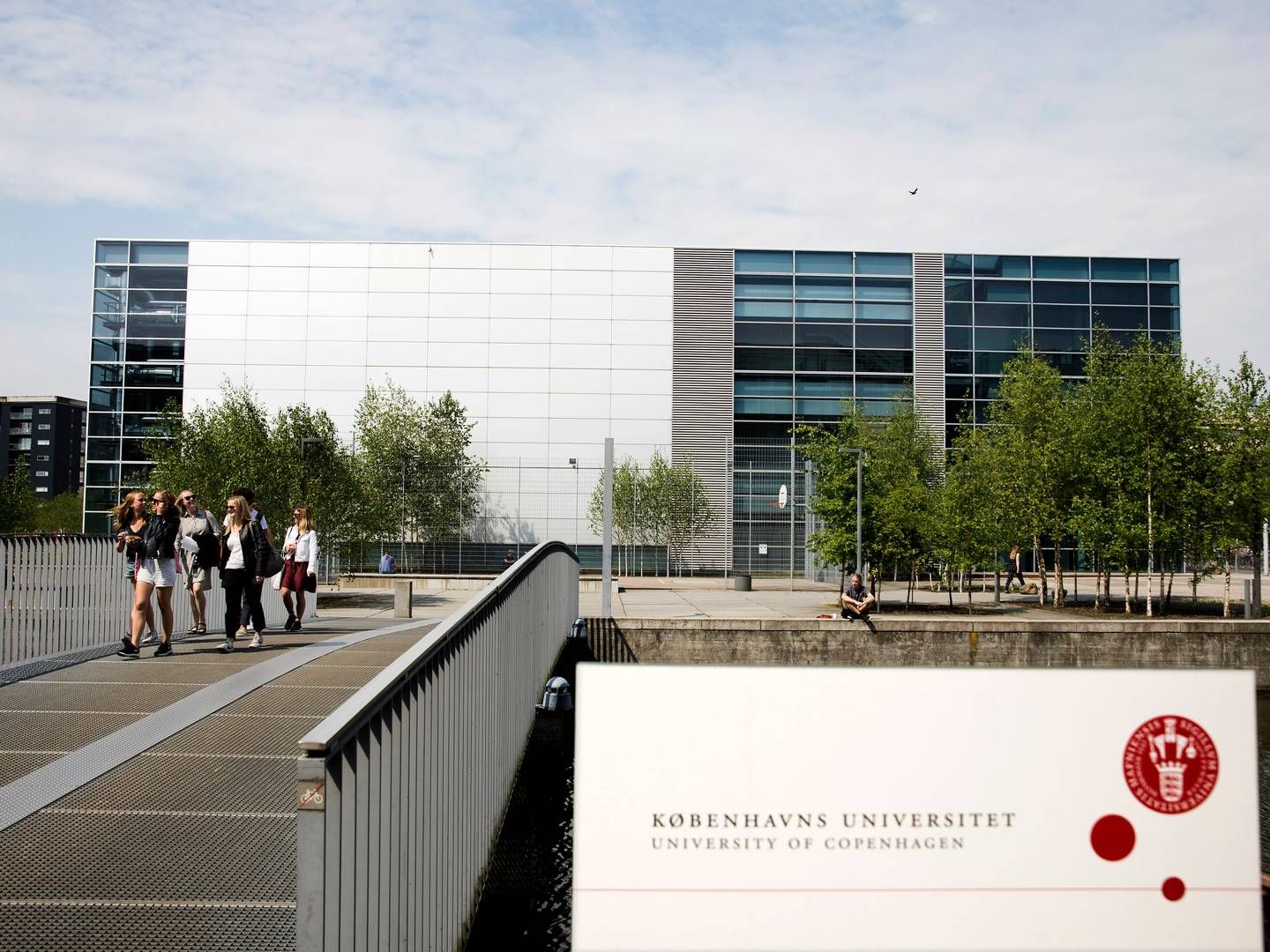Spindoctoring in Danish politics
This thesis is a theoretical and empirical analysis of spin doctoring in contemporary Danish politics.The overall aim is to pose an answer to the following empirical question within the theoretical framework of Ivor Gabor supplemented by considerations of Frank Esser, Lance W. Bennett and more: What activities that can be related to spin doctoring are present in Danish politics? To provide an answer I have made a comprehensive and necessary clarification of the phenomena spin doctoring. The aim of the thesis is reached by doing 15 qualitative interviews with journalists,media strategists and politicians. Judging from the empirical data, spin doctoring is more common in Danish politics than is concluded in for example a project - “Political Journalism” - lead by professor Ove K. Pedersen. The data material allows me to conclude that more than half of the activities defined as spin doctoring are used in Danish politics. When is comes to the activities not used, they can sometimes, not always, be characterized as rather radical. I have for example not been able to document the activities of severe intimidation and writing of articles by the political environment in the names of journalists
The second part of the thesis is an analysis of possible causes of spin doctoring drawing on the analytic powers of Paul Virilio, Ragnar Waldahl and Anker Brink Lund. The causes are 1) increased speed in politics 2) “medialized” politics and 3) changed behaviour of journalists. The analysis documents that all three causes dealing with media structure can result in a further development of spin doctoring. One of the conclusions is for example that speed has increased in Danish political partly caused by increased broadcasting of news. It has consequences for the political environment, not only are politicians more likely to be on the news, it is also more necessary to monitor the news in order to minimize the risk of being surprised by developments caused by the media. Both of the consequences call for a further development of spin doctoring in Denmark.
However the ana lysis also showed that it is possible that elements within the three causes will result in stagnation or slowing down of the development of spin doctoring. Speed in politics is among other things caused by the development in information technology, as an example the Internet. The analysis showed that the Internet as a channel of direct communication between politicians and voters can cause the development of spin doctoring to stagnate or slow down. If politicians are able to bypass political journalism, the need for spin doctoring is less.
download Thomas Søndergaard Sarup speciale her





































